Protecting the Rights of the Incarcerated — Alumni Profile, Kyle Mitchell Virgien ’08
A physics major, jazz pianist, and now civil rights attorney at the American Civil Liberties Union, Kyle Mitchell Virgien ’08 has dedicated his life to seeking justice for the incarcerated and bringing awareness to their lived experiences.
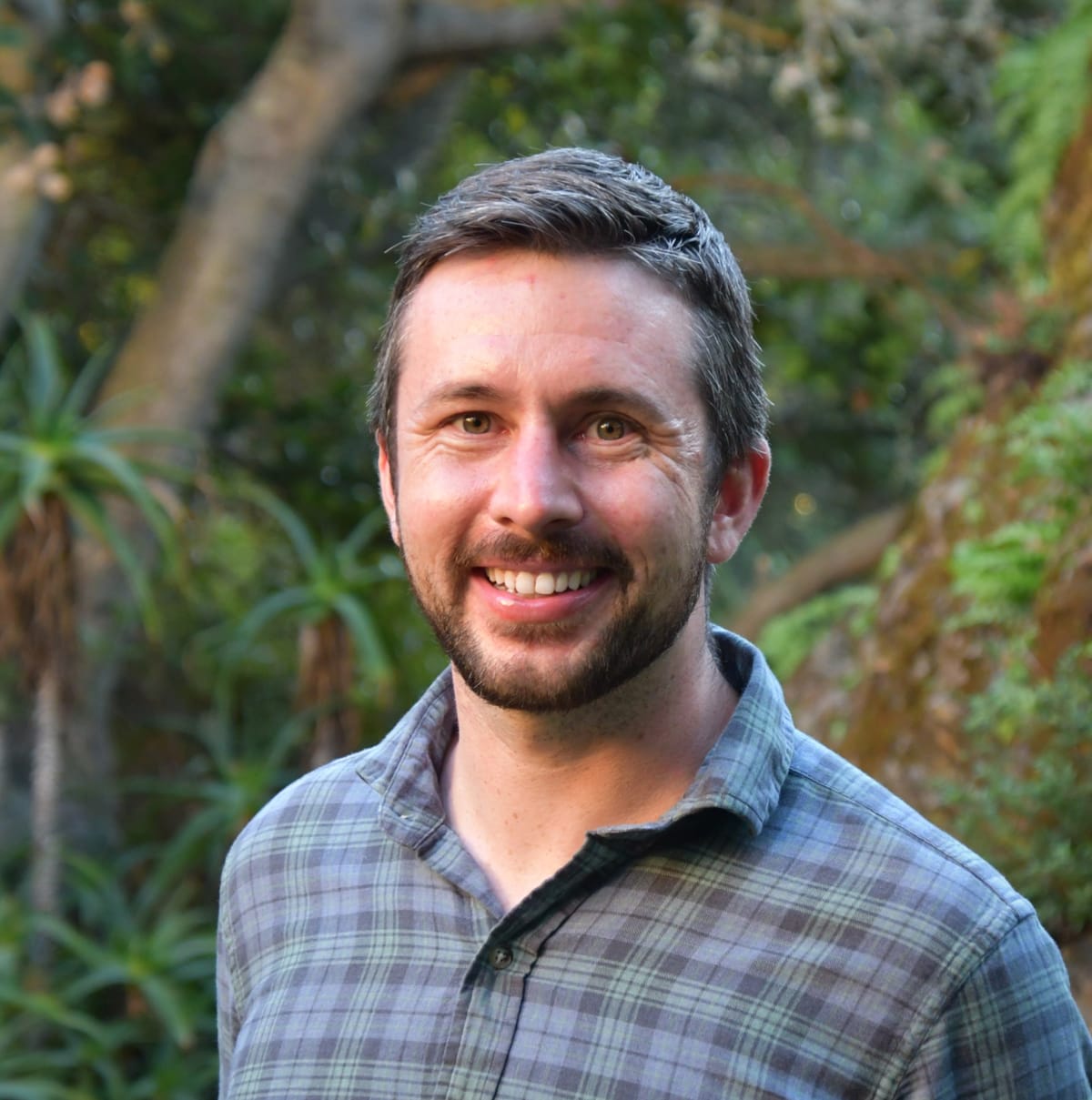
Kyle Mitchell Virgien’s ’08 life reflects, in many ways, the promises of a liberal arts education.
A physics major and thesis writer, jazz pianist, and now a civil rights attorney at the American Civil Liberties Union (ACLU), Virgien has utilized the wide range of skills he gained throughout his time at Amherst and beyond to seek justice for the incarcerated and bring awareness to their lived experiences.
Upbringing and Journey to Amherst
Although the majority of his formative years were spent in Los Angeles, Virgien called many places home throughout his childhood. Yet, across frequent changes in location, Virgien maintained an inquisitive and curious mind. “A lot of my upbringing was really just [spent] playing in the woods and exploring the world around me,” Virgien said.
It was in large part this inquisitive spirit that led Virgien to Amherst. The college’s open curriculum and encouragement of exploration made it a natural fit for him.
Virgien was also attracted to Amherst because of the opportunity it provided to build deeper connections with both professors and the broader student body.“I was applying to big and small schools, but I was just really drawn to certain aspects of [Amherst],” Virgien said. Ultimately, the friendly, welcoming environment he hoped to find on campus was born out by his experiences once he arrived.
Life at Amherst: Exploration and Experimentation
While at Amherst, Virgien experimented with a variety of classes in both the sciences and the humanities before finally settling into the physics major. Having been enamored with science from a young age, his love for physics was reaffirmed by his research outside of the classroom.
The summer after his freshman year, Virgien found a position working in a physics lab at the college. He enjoyed the opportunity it provided to explore the underpinnings of the physical world in greater detail. “It was incredibly fun learning, digging into deeper questions about why the world works, the way it works, and learning about a new way to think and explore and learn,” he said.
Virgien’s close friend, Morgan Holland ’08, added that when Virgien’s scientific curiosity wasn’t properly satisfied through the typical academic framework, he occasionally took matters into his own hands. “We would sometimes borrow liquid nitrogen to conduct experiments in our dorms, including on the effects of liquid nitrogen on toys, water fountains, stuffed animals, and various drinks,” Holland recalled.
Virgien’s work in the physics department ultimately culminated in a senior thesis project, which he credits with inculcating several valuable skills, including the ability to formulate and execute long-form projects.
“It was one of the first times I had the opportunity to direct a big project,” he said. “I definitely had a lot of collaboration and support from my mentor, [Stone Professor of Natural Science] Larry Hunter, but it was very helpful to just start working on a project and have to figure out how to finish it myself.”
In addition to affording him experience in directing large intellectual undertakings, Virgien’s time in the physics department instilled in him a new perspective on the world that he has continued to find invaluable post-graduation. “I think physics engenders a specific way of thinking that’s really helpful,” he remarked. “You always start from basic first principles, and from there you have to reason to a conclusion about the way the world works. You can’t take things for granted.”
Virgien also emphasized the parallel between scientific and legal reasoning. “There’s a lot more overlap than you think,” he said.
Much of his time at Amherst outside of academics and research was spent playing piano in the jazz ensemble, which he has continued to play since his time at the college. Yet, many of Virgien’s favorite college memories come from moments outside his academic or extracurricular pursuits. “When I look back on college, the most rewarding experiences were really just the [impromptu] discussions I had and the people I met,” he said.
Virgien highlighted the continuing importance of the friendships he made at Amherst. “I think the really strong friendships that I’ve kept to this day are the biggest thing that I got from the college experience,” he noted.
The large impact that Virgien had on campus life was reflected in Holland’s characterization of him as defined by “a brilliance contrasted with humanness and humility.” Holland also emphasized Virgien’s continuing dedication to the relationships he cultivated at Amherst. “He’s a loyal friend who makes the effort to stay in touch over decades and thousands of miles.”
Setting the Stage for Civil Rights Work
Though Virgien’s academic work at Amherst primarily centered around physics, his love for science didn’t restrain him from pursuing other intellectual interests outside of the classroom.
Intrigued by the idea of the law, and passionate about the protection of civil rights and liberties, Virgien decided to pursue an internship with the ACLU of Southern California the summer after his sophomore year. Monitoring inmate conditions at the Los Angeles County Jail, he quickly realized that, despite the work’s difficulties, he had discovered his passion.
“I just knew that [civil rights work] was what I wanted to do,” he said. “It was incredibly depressing and heart-wrenching to go into the jails and see the conditions that people were living under, but also so rewarding every time I could make positive change.”
Virgien also expressed gratitude to the college for the grant funding that made his internship with the ACLU possible.
Carrying this passion throughout the remainder of his college career, Virgien applied to and was accepted by Harvard Law School. He credited his liberal arts education at Amherst with helping him develop a broad foundation of knowledge that prepared him well for his law school journey.
“I think what people say about a liberal arts education, that you learn how to learn, even if you don’t learn particular practical pieces of knowledge, is very true,” he opined. “I arrived at law school not knowing everything but very well-equipped to learn it.”
While at Harvard, Virgien said that his primary focus was on gaining practical experience in work that he was passionate about, rather than simply constructing a compelling resume. As a result, he thoroughly enjoyed his time in law school.
“I think it’s important to not take yourself too seriously or to focus too exclusively on what you think you should do to have a good resume,” he said. “I didn’t do Law Review, and I didn’t worry a ton about grades, and I don’t regret that.”
Instead, Virgien spent the majority of his time working with the Harvard Prison Legal Assistance Project (PLAP), in many ways continuing the work he had previously done for the ACLU, albeit from a more legally-oriented perspective. While working at the PLAP, he was able to represent inmates while addressing pressing policy issues facing the prison system.
After graduation, Virgien spent several years as a lawyer in the private sector, where he primarily worked alongside tech companies in patent litigation. Yet, his work in civil rights continued as he took every opportunity to pursue pro bono work, primarily working on cases concerning incarceration and detention alongside the ACLU. This further prepared him for the work he would do full-time only a few years down the road.
According to Holland, who was also Virgien’s roommate for several years following law school, Virgien’s passion for advocacy extended far beyond just a professional interest. In addition to his pro bono work, Virgien also dedicated much of his personal time to advocating for the rights of the incarcerated.
“Kyle has always been passionate about prison reform, volunteering for prisoners’ rights even while working insane hours as a lawyer in San Francisco,” Holland said.
In addition to working in private practice, Virgien also worked briefly as a law clerk for a Federal Appeals Court, which he found both intellectually stimulating and highly useful throughout his shift to public interest work. “It’s been very valuable to know how courts work, and to have some experience with the decision-making process,” he remarked.
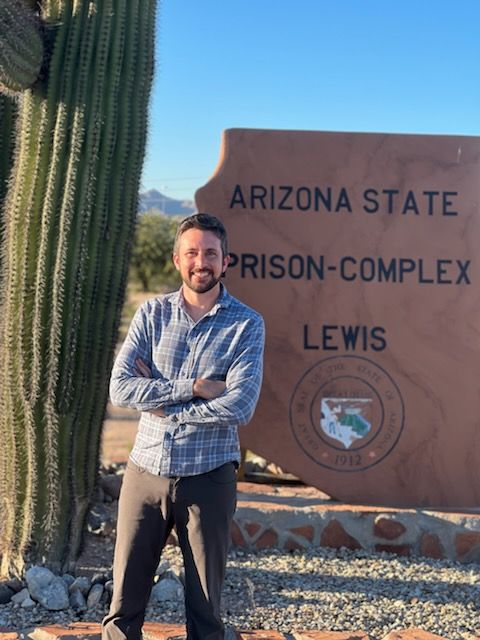
Advocating for the Rights of Detainees
In May of 2021, after several more years of private practice, Virgien began working full-time at the ACLU, where he is now a senior staff attorney. His current role in large part echoes the work that he first began as an undergraduate intern, and continued throughout law school and the first few chapters of his legal career.
As a litigator, Virgien primarily represents individuals and classes of people in immigration detention and within the prison system, both in federal and state courts. So far, one of his principal focuses has been on ensuring prisoners’ safety throughout the Covid-19 pandemic, which has included, according to Holland, “su[ing] multiple state governments that dragged their feet on providing the vaccine to inmates.”
Virgien has also dedicated much of his time to policy advocacy, a large part of which involves sharing his clients’ stories with reporters and the broader public.
“I think something that’s very often lost [in political discourse] is the fact that people behind bars, whether you’re talking about people in criminal custody or people in immigration detention, are people with families and loved ones and friends and hopes and dreams,” Virgien said. “It’s incredibly important that the world listens to their stories.”
Apart from his day-to-day work representing clients and communicating their stories to the public, Virgien has several longer-term aspirations that he hopes to help effectuate through his work at the ACLU.
“The goal is to end the mass immigration detention system, to stop locking people up while the system processes their claims, to release them into the community systems that we know exist and work,” he remarked. “And, along the way, to work to make sure that those who remain in detention are treated as humanely and [in a way as] consistent with the Constitution as possible.”
Virgien stressed that his work is rarely glamorous. “It’s a lot of standard lawyer stuff,” he said. “Brief writing, arguing in court, that sort of thing.” Yet, for him, it’s all in service to a larger mission: protecting the rights and dignity of our country’s incarcerated.


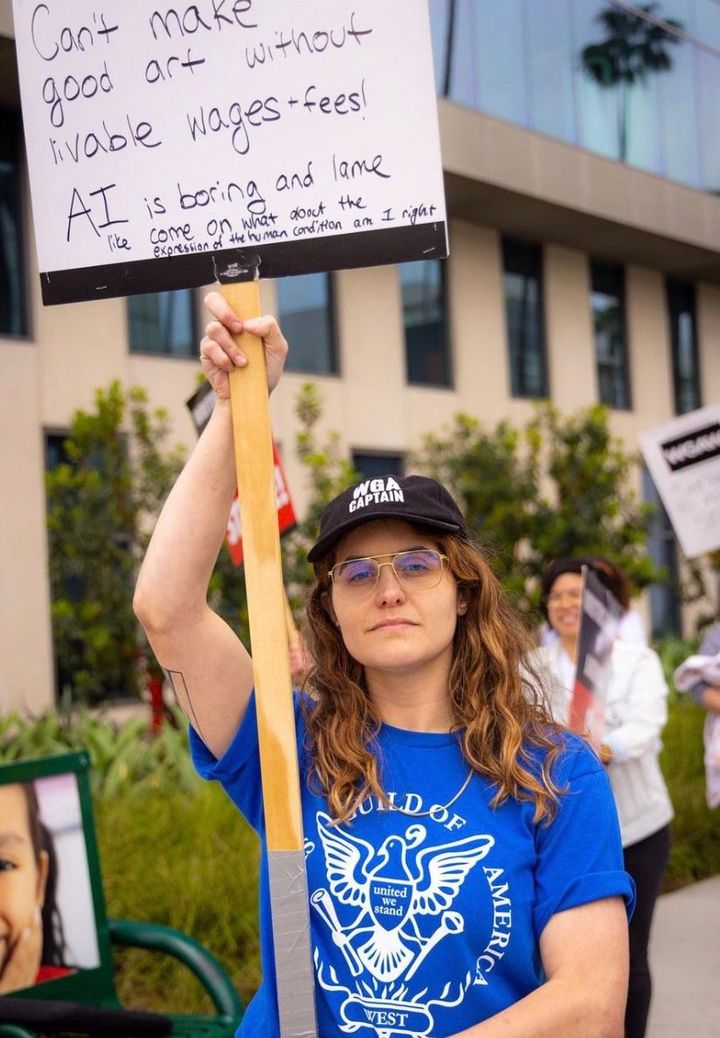
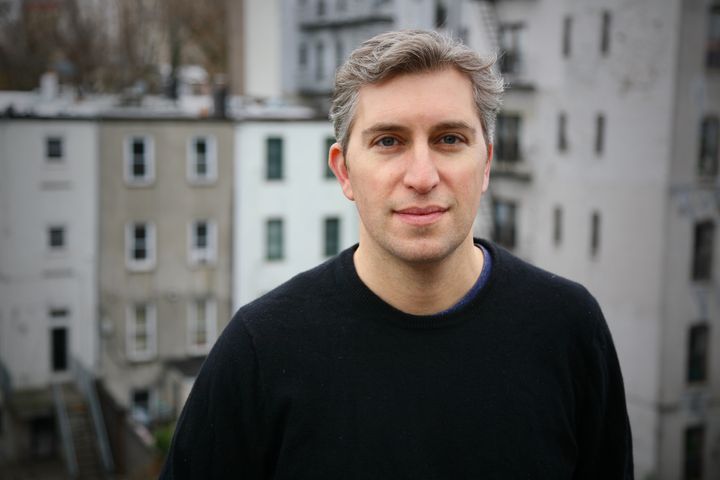
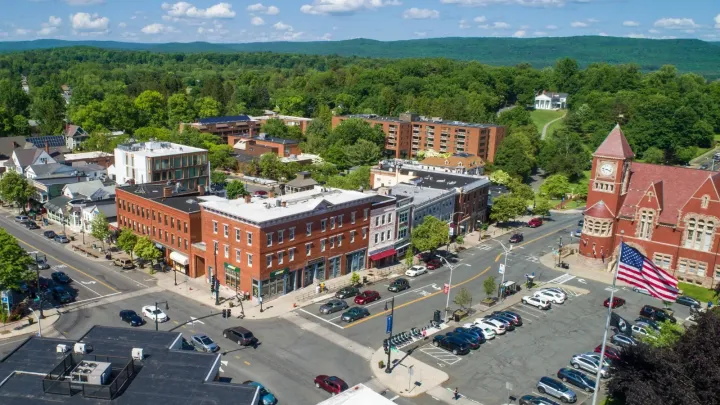
Comments ()